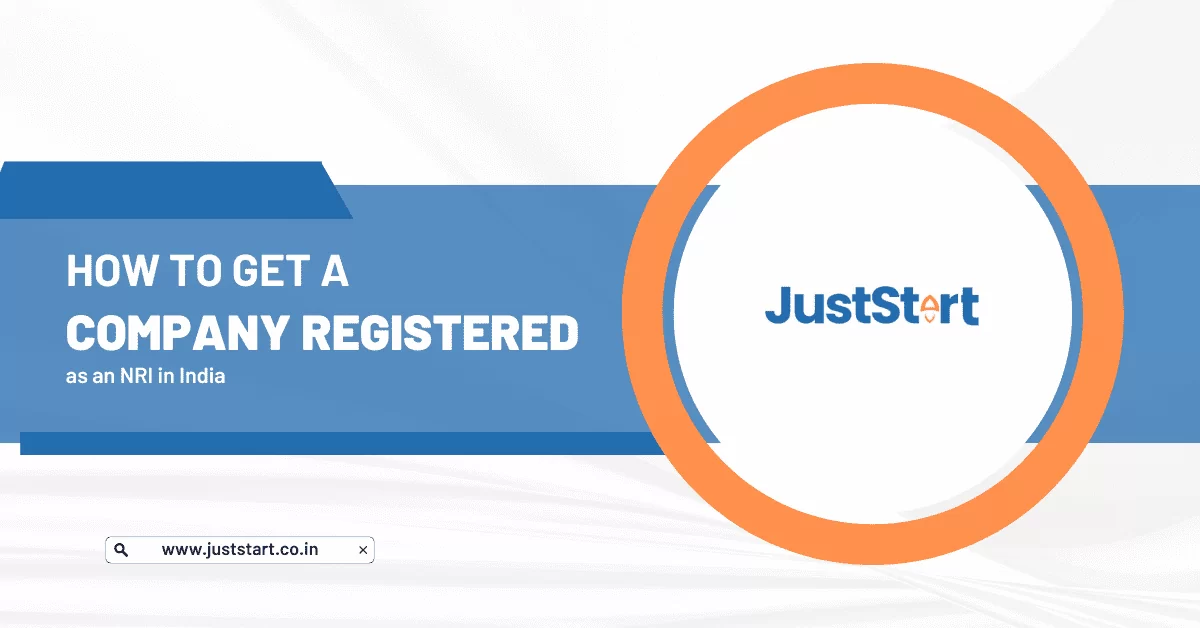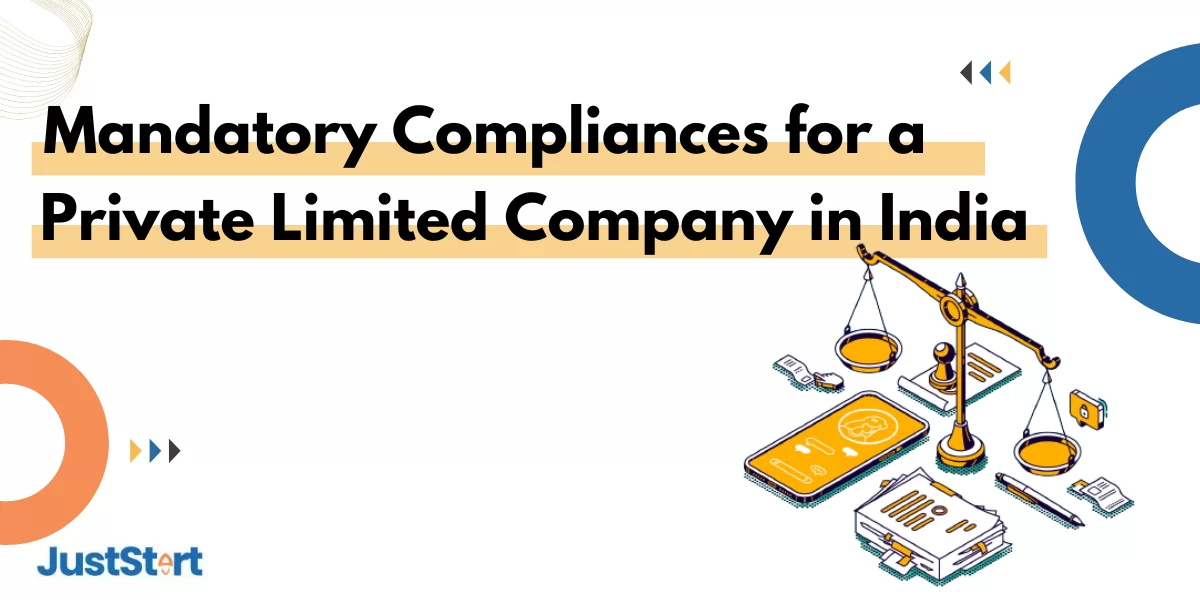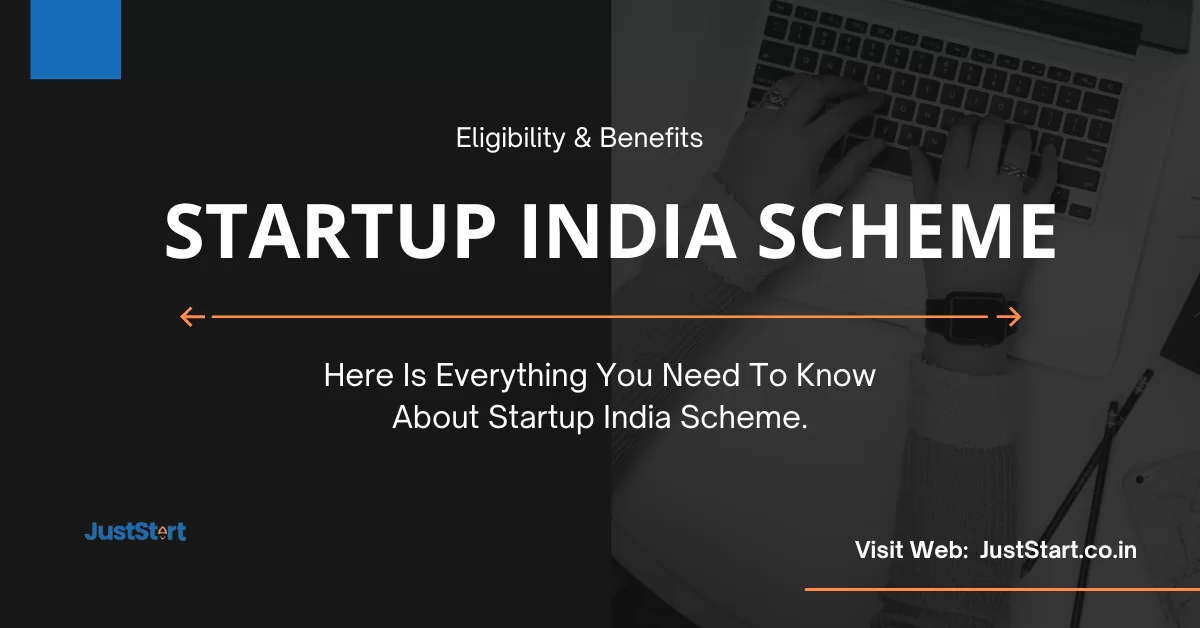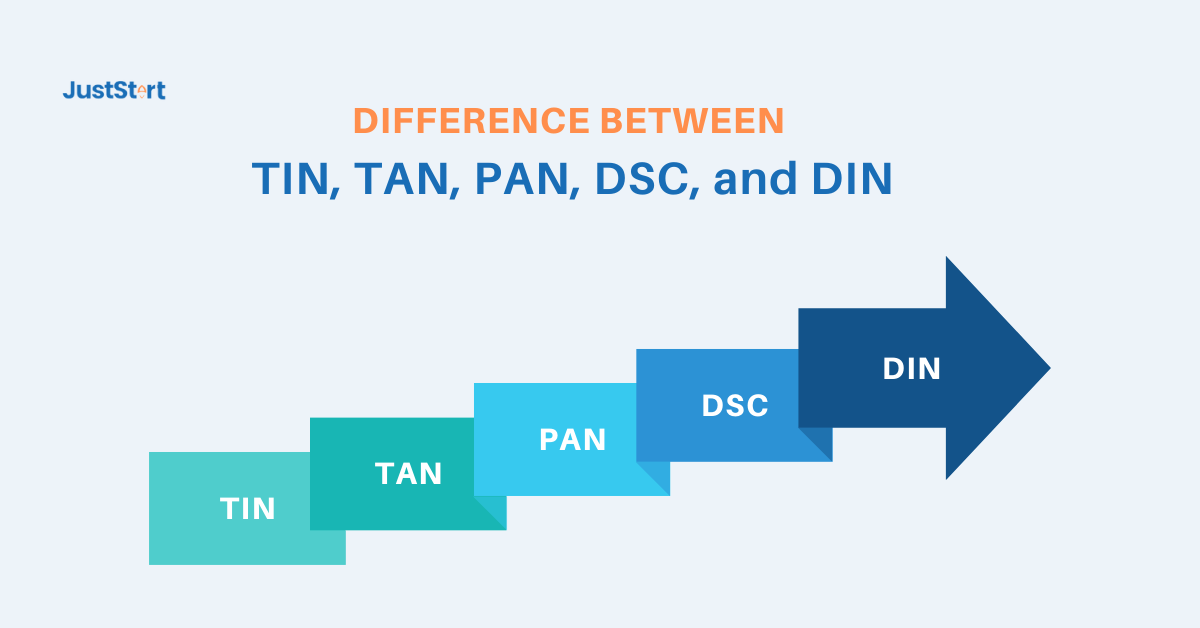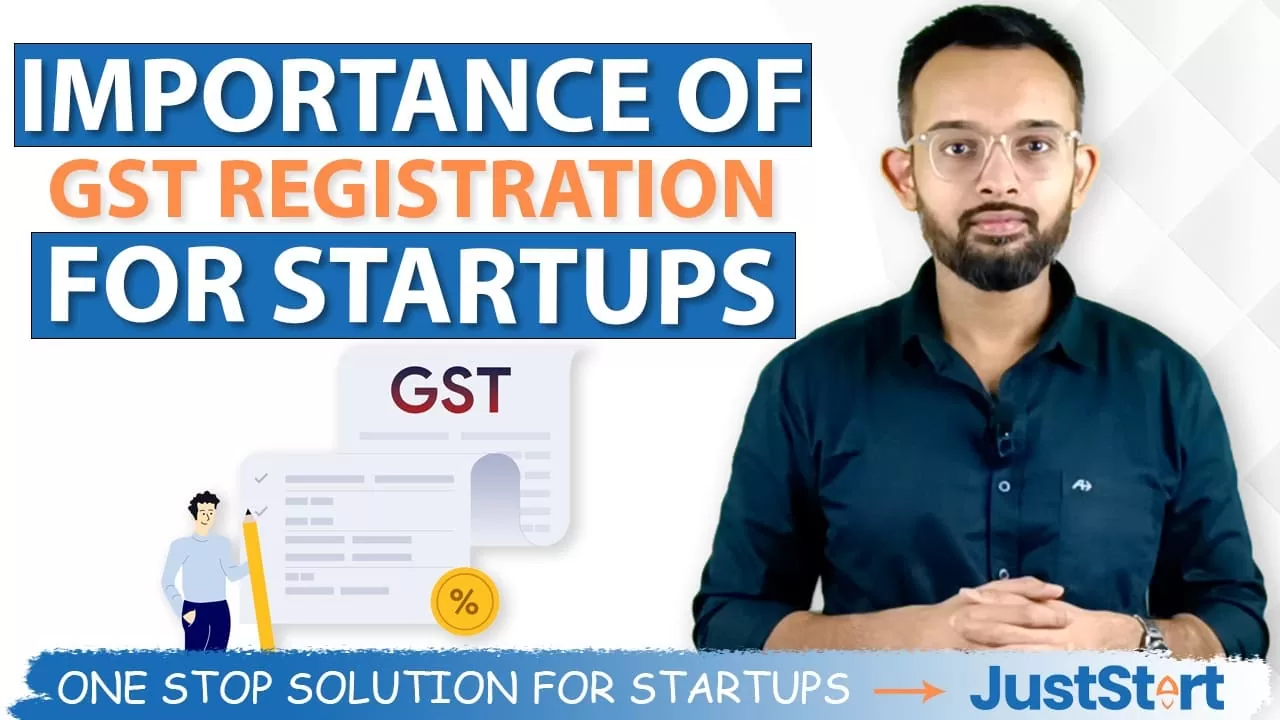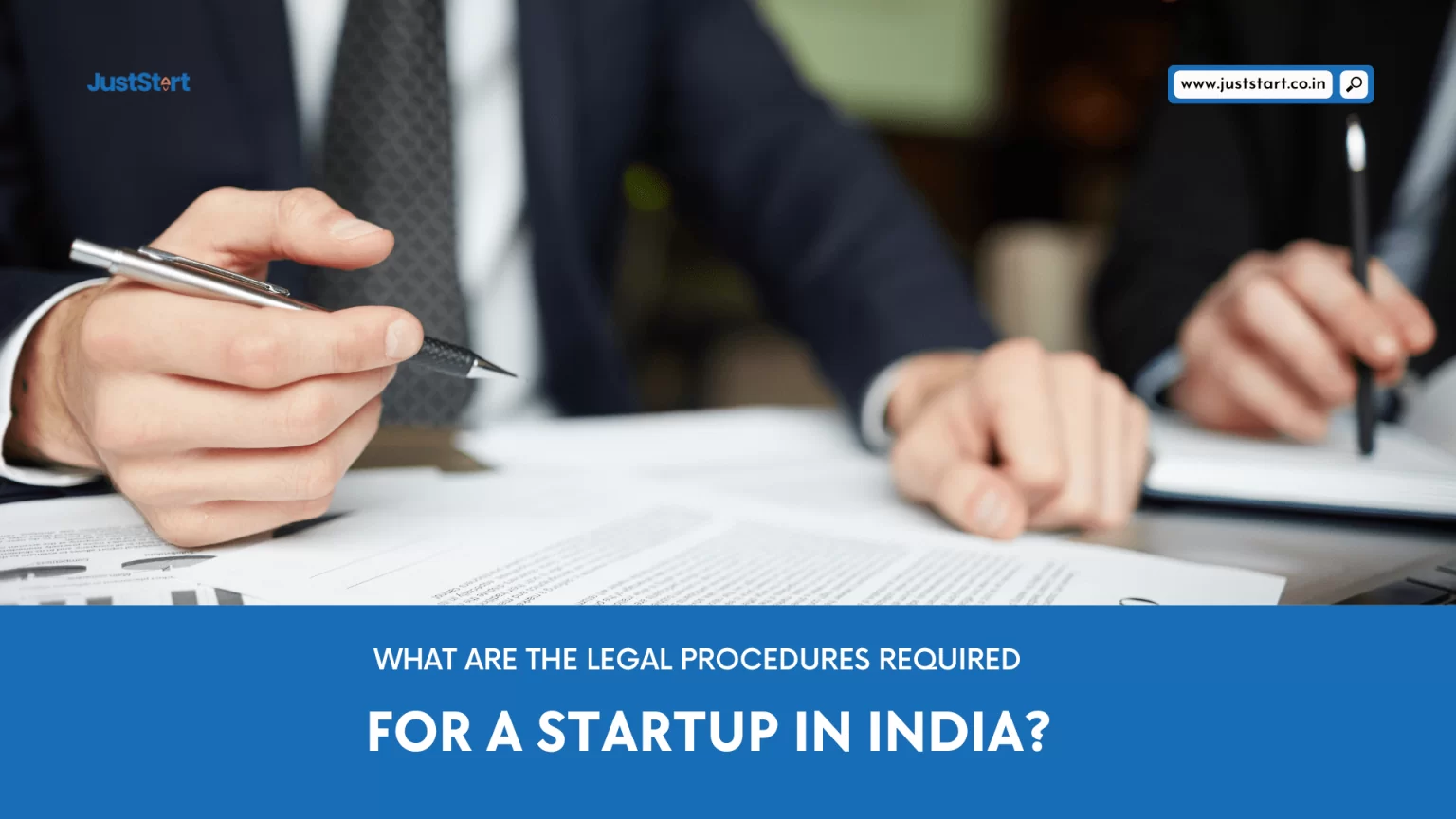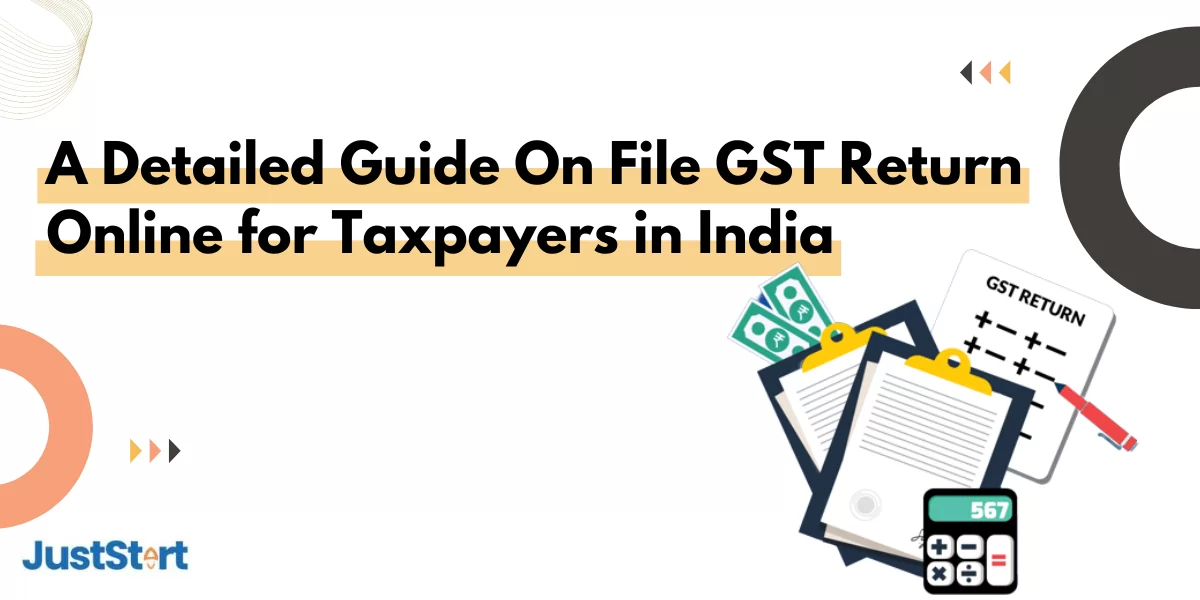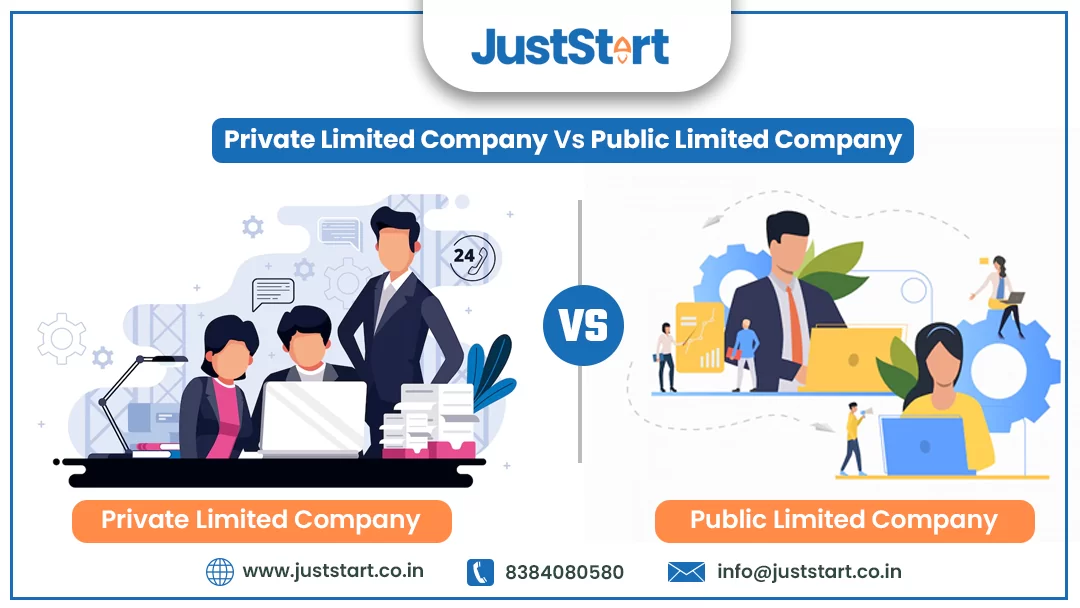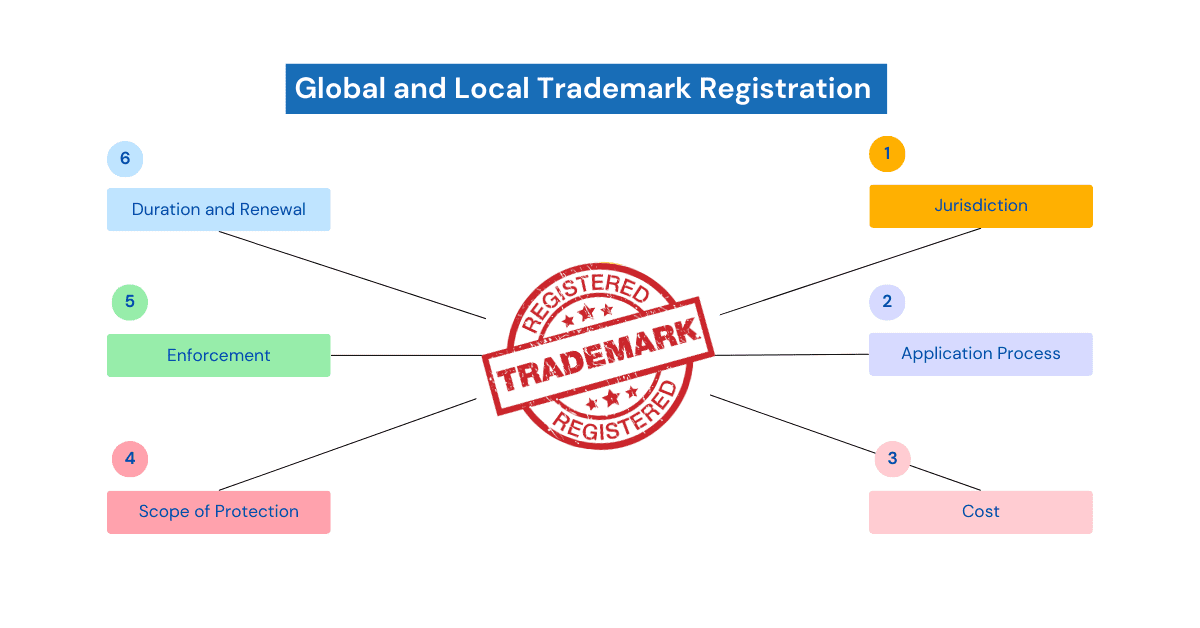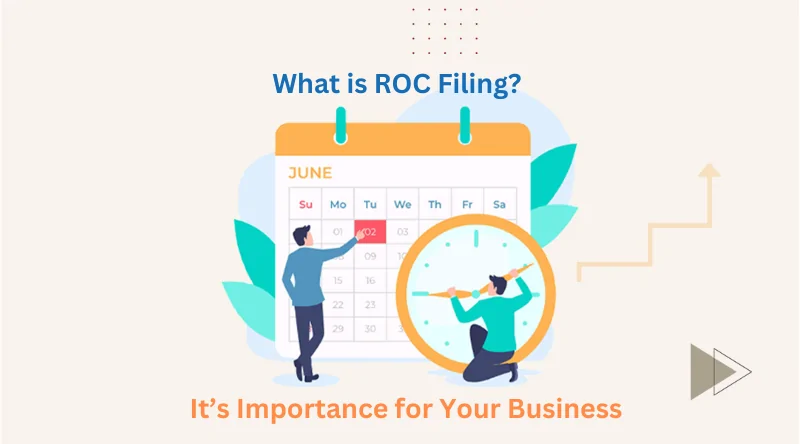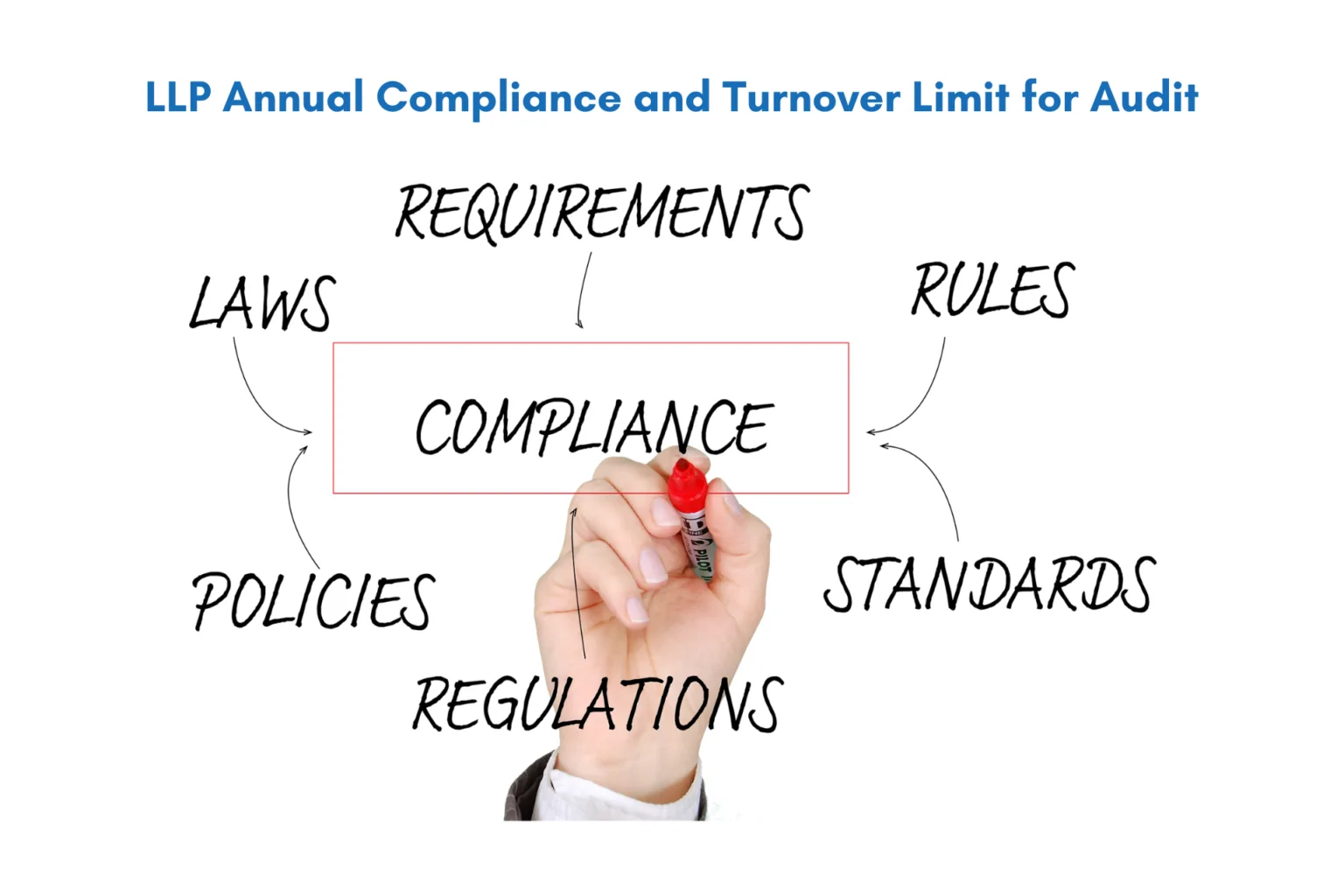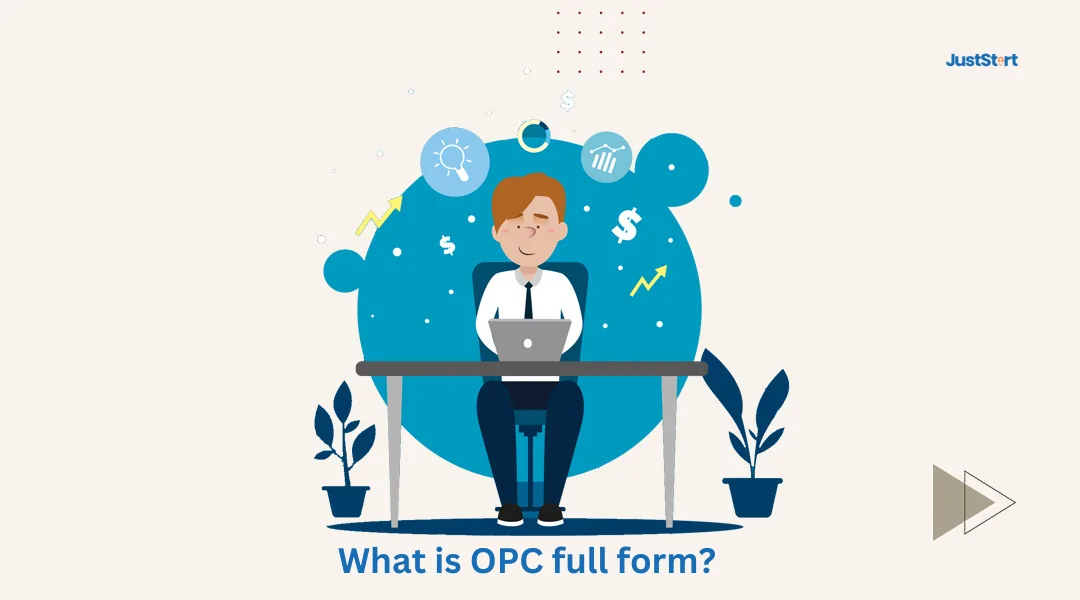
OPC stands for One Person Company in India. According to the Company Act of 2013, a company owned and operated by a single individual is referred to as a One-Person Company (OPC). The person will represent the company as a shareholder and a director. Let us know more about the One Person Company in India.
What is OPC: An Overview of the Essentials
One Man Company: An OPC’s sole owner is qualified to serve as the company’s director and shareholder.
Eligibility: A natural person who is an Indian citizen and residing in India or an NRI can incorporate a One Person Company in India. No minor may own a share with a beneficial interest in the firm. They cannot even become a nominee for an OPC.
Nominee: At the time of incorporation, a nominee must be chosen to succeed the shareholder in the event of his demise or incapacity to enter into contracts. The One Person Company’s Memorandum of Association shall specify the name of such a candidate. The only shareholder of an OPC may alter the chosen candidate by sending a letter to the OPC.
Unique legal identity: An OPC’s unique legal identity is one of its core characteristics. The company is recognized as a distinct legal entity apart from its sole owner/shareholder.
Benefits of One Person Company in India
Sole Ownership: One of the main advantages of a one-person business is sole ownership. An OPC is defined by the Companies Act of 2013 as a Private Limited Company that one person solely owns. This person has the right to own all of the company’s shares, which would allow it to raise all of the necessary capital. Being the only investor, he keeps all the earnings as a return on his capital.
Restricted Liability: Another significant advantage of a one-person company is limited liability. An OPC gives its owner limited liability as opposed to a sole proprietorship, which has unlimited liability.
Simplified Financing Options: Since an OPC is a legally constituted organization, the Ministry of Corporate Affairs’ official website provides public access to examine and check its details and papers. As a result, any credential that an OPC uses to do business or apply for credit may be thoroughly checked and easily accessible. As a result, an OPC’s trustworthiness and dependability increase, and it becomes easier to obtain institutional credit facilities.
Simple to incorporate: One of the additional notable advantages of a one-person company is highlighted by the launch of the online SPICe+ application. Since the entire process is done online, incorporating a one-person business is incredibly simple and quick. The time and effort required for the OPC application procedure have been significantly decreased as a result. The SPICe+ application offers all-inclusive OPC formation services.
Perpetual Entity: An OPC can survive after the death of its sole shareholder. The nomination of each succeeding OPC shareholder makes this possible. At the stage of incorporating an OPC, the sole owner is obliged to designate a candidate to take over as the new owner in the case of his demise or permanent relocation. Any person designated by the owner may serve as a candidate; they are not required to be his heir apparent.
Tax Advantages: One person companies (OPCs) are famous among entrepreneurs due to their various tax advantages. The fact that OPCs are taxed as different legal entities from their owners is one of the significant benefits. This suggests that corporate tax rates, frequently lower than individual tax rates, apply to the company’s profits. Additionally, OPCs are eligible for a number of corporate tax exclusions and deductions.
Conclusion
One Person Company (OPC) is an appealing choice for entrepreneurs in India. It provides many advantages, such as simple setup and administration, liability protection, tax savings, and capital access.
If you’re an aspiring business owner in India, forming a One-Person Company can be the best option for you and the experts at Just Start can help you out with the same!
FAQs
Is there any document that needs to be submitted for a public or private company to become an OPC?
Ans. Yes, to become an OPC, the private or public company will also be required to file form INC-6. When a private business converts to an OPC, its paid-up share capital cannot exceed fifty lakh rupees, and its average annual turnover cannot exceed two crore rupees.
Which form should be sent when a member notifies of a change in nominee or when an OPC nominee withdraws their consent?
Ans. If the nominee withdraws their consent or notifies the member of a change in nominee, Form INC-4 must be submitted.
How can I notify RoC that OPC has to be converted into a private or public company since it has surpassed the threshold limits?
If the threshold limits are exceeded and it becomes necessary to convert into a private or public company, the OPC will notify RoC using form INC-5.
Read Also This Blog: OPC Registration – All You Need to Know







